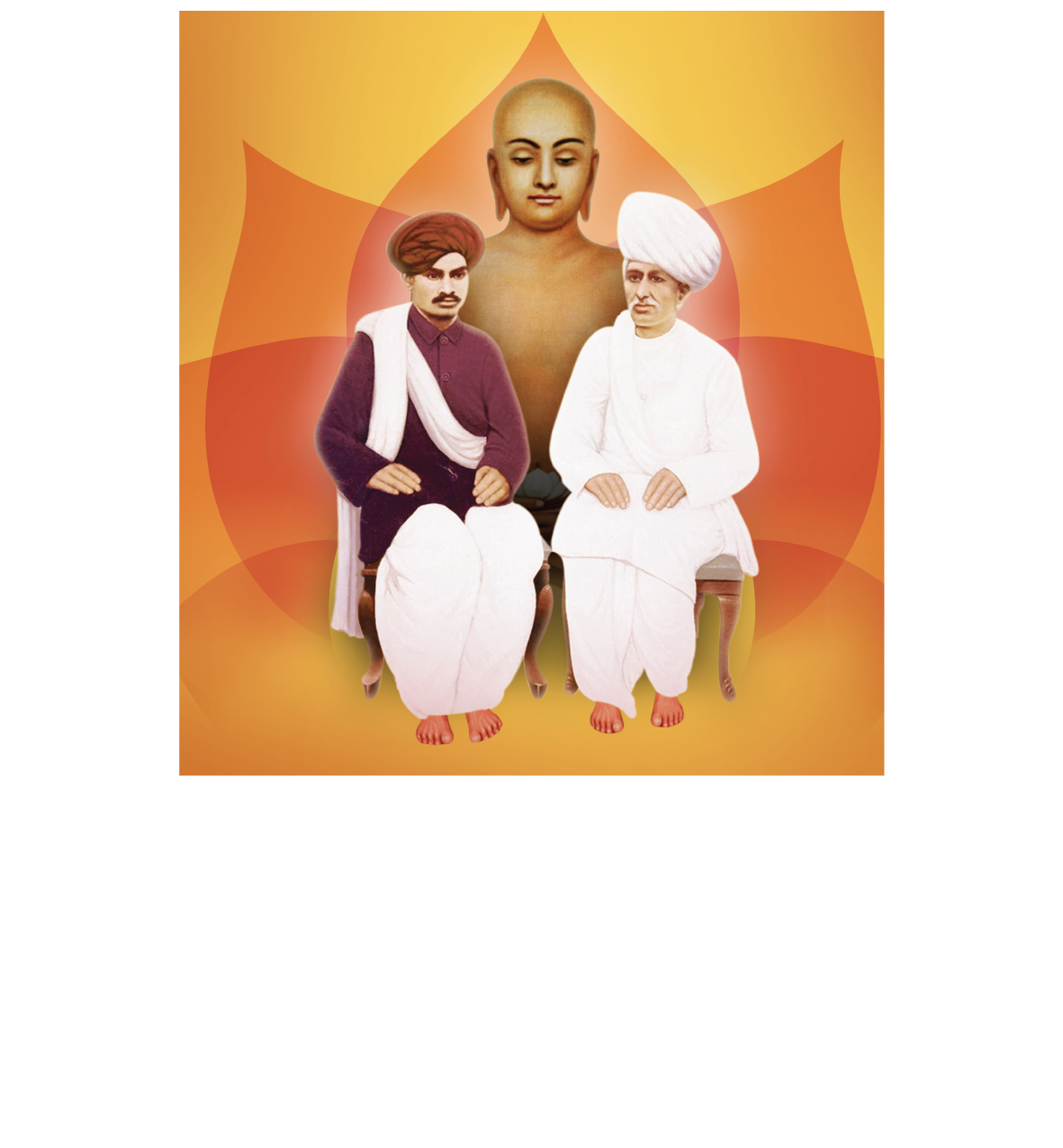The August IVY swadhaya was a quick recap of the kinds of Bhakti that Brahmnisht Vikrambhai had given a discourse on to young mumukshus earlier. Out of the 9 kinds of Bhakti - Shravan Bhakti, Kirtan Bhakti, Mantra Jap, Paad Sevan Bhakti and Smaran Bhakti were beautifully explained during the previous IVY swadhyay.
This swadhyay highlighted the essence of the types of devotion as follows:
1) Utmost reverence for an enlightened Guru
2) Attentively listen to the sermons of such an Enlightened Master; deeply contemplate on his words of wisdom and absorb them in our daily lives.
3) Surrendering the egoistic mind, body and soul at his lotus feet is what is expected of a true seeker; and this devotion will elevate our faith in the Holy Trinity – Satdev, Satguru and Satshastra.
4) ‘Practice, not till you have got it right; practice, till you cannot get it wrong’. With contemplation comes practical application. We need to practice, so that knowledge turns into wisdom and comes to our rescue during difficult moments.
5) Appreciating and applauding the qualities of the Almighty in the form of bhajans or chanting their virtues on the beads of a rosary.
Vikrambhai also shared some sections from a discourse given by Pujya Bhaishree, during the UK Dharmayatra.
“Only when we have truly surrendered ourselves with utmost faith and reverence, can we focus on the virtues of an enlightened Master, with the sole aim of imbibing his qualities. His shelter frees us from the endless cycle of births and deaths. The disciple feels empowered, inspired and secure in the selfless love showered by the Master, connecting him to the divinity residing within his Guru.
Regardless of his external circumstances – wealth or poverty; ugliness, good looks or social standing, the disciple is now able to remain in a state of equanimity and glad acceptance. This contentment is evident when his goes about his daily chores or while doing his agnas.
Narrating an incident from the life of Raidasji (Guru of Meerabai), Vikrambhai said that Raidas, a saint full of devotion, was extremely poor and had no amenities in his hut.
A kind saint heard about Raidas’s abject poverty and offered him the ‘Parasmani’ (precious stone), but so steeped in devotion was Raidas, that he said, that the unconditional love he received from the Lord was far bigger then any worldly riches. It is such unflinching devotion and surrender that leads a disciple out of muddy waters.
The swadhyay ended perfectly with ‘Aarti’ and ‘Mangal Divo’, another reminder to young mumukshus to rejoice in the glory and virtues of the Almighty.


